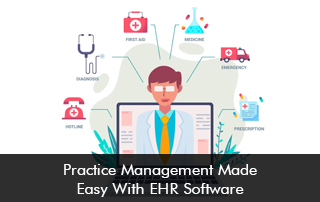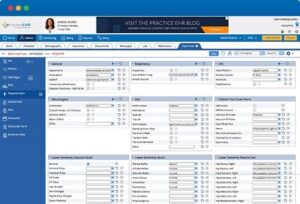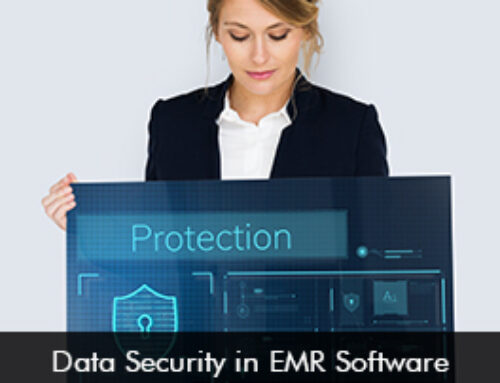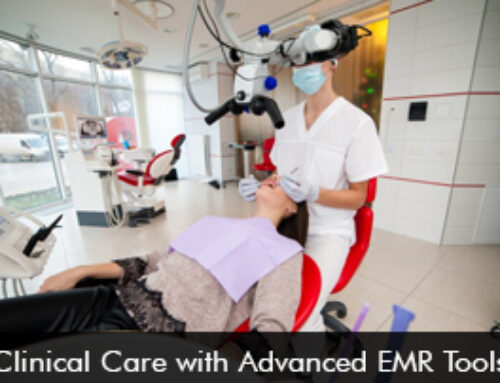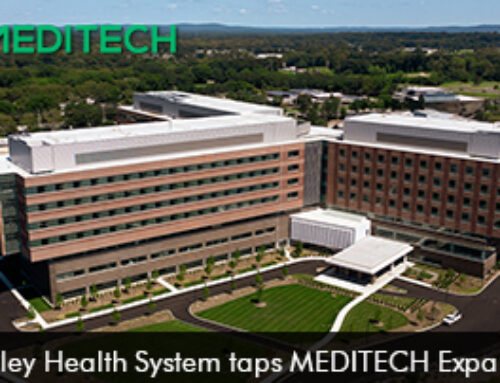EHR software has revolutionized the way healthcare providers manage their practices. Gone are the days of cumbersome paperwork and manual record-keeping. Electronic health records (EHR) software helps manage patient data, appointments, billing, and much more.
EHR Software Streamlining Patient Data Management
One of the primary benefits of EHR software is its ability to streamline patient data management. Instead of sifting through mountains of paper files, healthcare providers can quickly access patient records with just a few clicks. This saves time and reduces the risk of errors associated with manual record-keeping. With it, patient data is organized, searchable, and easily accessible. This allows healthcare providers to make informed decisions about patient care more efficiently.
Enhancing Communication and Collaboration
Effective communication and collaboration are essential in healthcare settings. EHR software facilitates seamless communication among members of the care team. Healthcare providers can easily share patient information, test results, and treatment plans with colleagues. This ensures everyone involved in a patient’s care is on the same page. This enhances coordination and collaboration, leading to improved patient outcomes.
EHR Software Improves Patient Care Coordination
EHR software plays a crucial role in improving patient care coordination. This is made possible by providing a centralized platform for managing appointments, referrals, and follow-up care. Healthcare providers schedule appointments, send reminders to patients, and track referrals electronically, reducing missed appointments or delayed care. Additionally, it allows providers to communicate with other healthcare professionals involved in a patient’s care, ensuring that everyone is informed and coordinated.
Increasing Efficiency and Productivity
By automating routine tasks and streamlining workflows, EHR software helps healthcare practices operate more efficiently and productively. Tasks such as appointment scheduling, billing, and prescription refills can be automated, freeing up time for healthcare providers to focus on patient care. It also eliminates the need for manual data entry, reducing the risk of errors and freeing up valuable administrative time.
Enhancing Billing and Revenue Management
Billing and revenue management are critical aspects of practice management, and EHR software simplifies these processes significantly. It allows healthcare providers to generate accurate and timely invoices, submit claims electronically, and track payments more efficiently. This reduces the risk of billing errors and ensures that healthcare practices are reimbursed promptly for the services they provide.
EHR Software Ensures Compliance with Regulations
Compliance with healthcare regulations such as HIPAA (Health Insurance Portability and Accountability Act) is a top priority for healthcare practices, and EHR software helps ensure that practices remain compliant. It includes built-in security features such as encryption and access controls to protect patient data from unauthorized access or breaches. Additionally, it automates many compliance aspects, such as documentation and reporting, reducing the administrative burden on healthcare practices.


